WHAT IS MINING?
What is crypto mining?
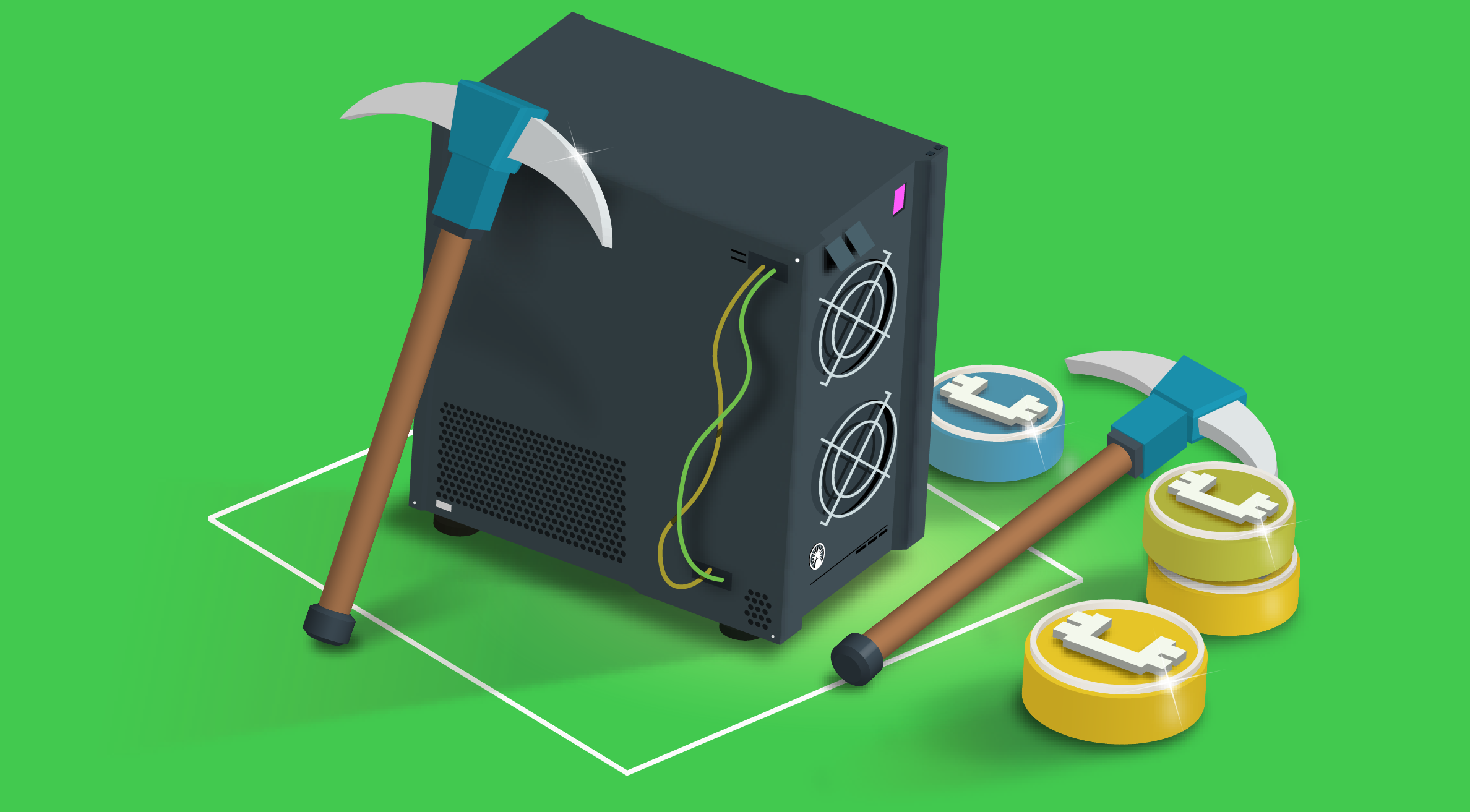
What is crypto mining?
Crypto mining is a process blockchain networks, like Bitcoin and other cryptocurrencies, use to finalize transactions. It’s called mining because this process also releases new coins into circulation. Put simply, crypto mining is really just guesswork with a monetary incentive—aka proof of work. But you need a lot of computing power to do it.
How does crypto mining work?
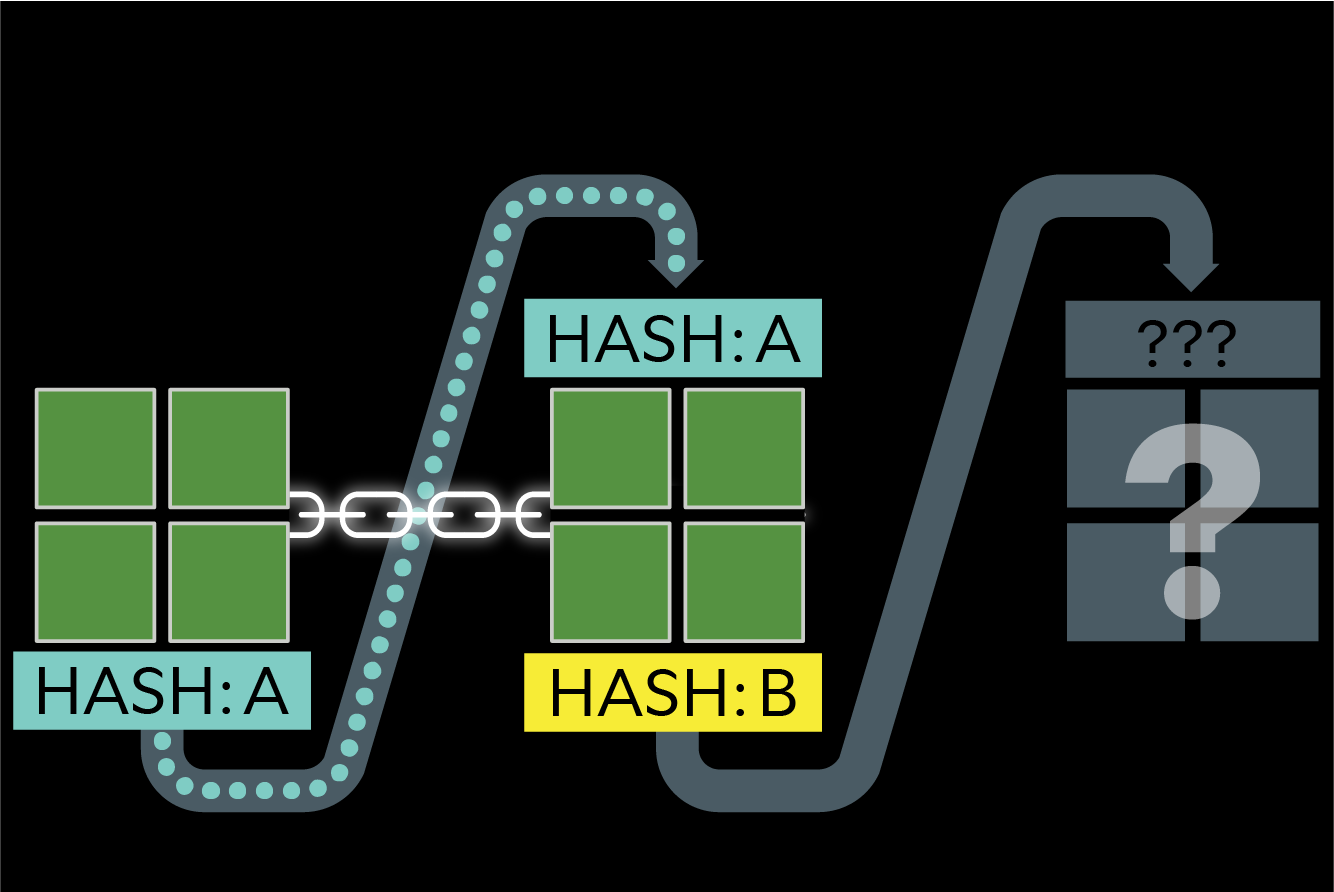
Each block on the blockchain has a mathematical puzzle encrypted within it. Crypto miners compete to solve the puzzle.
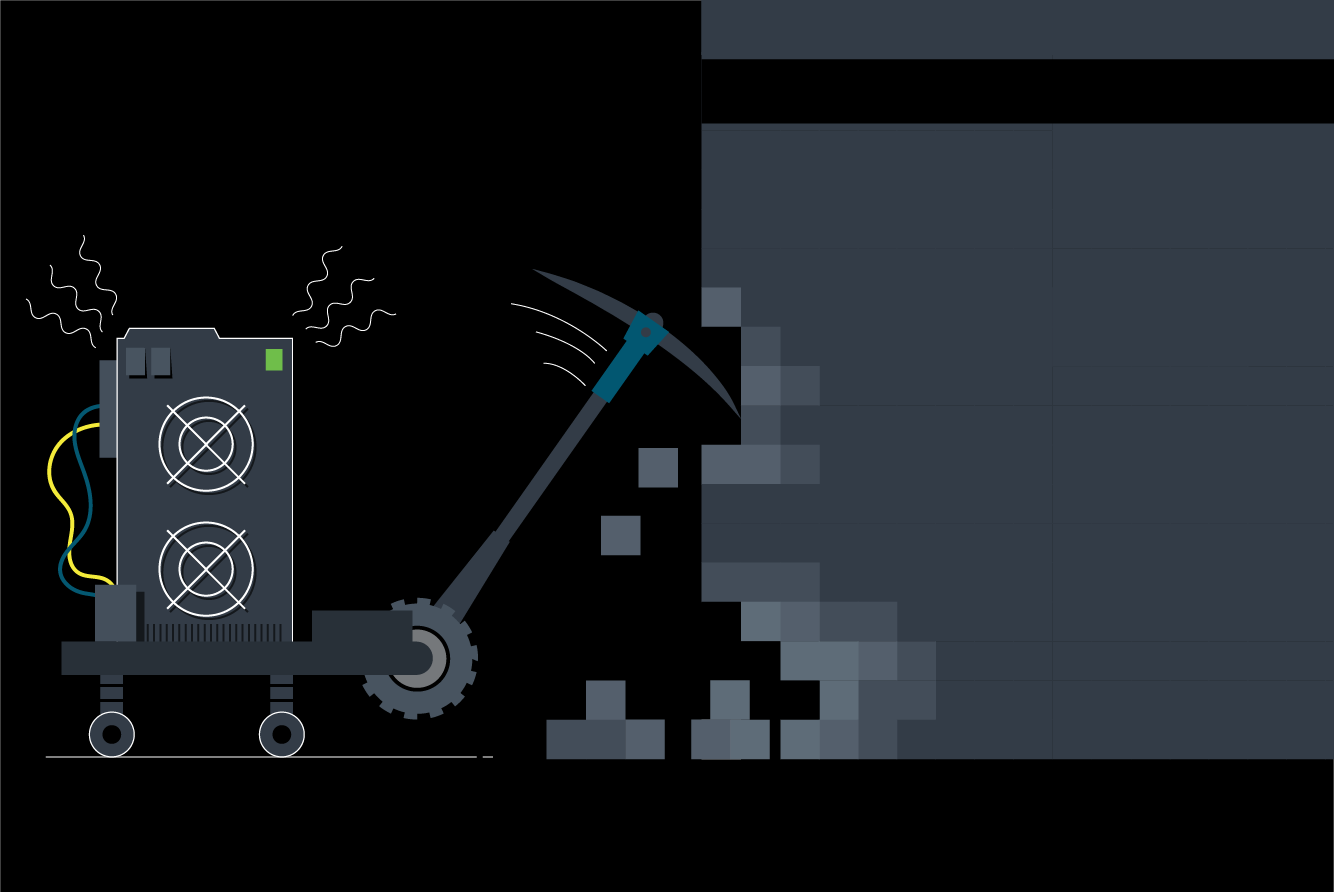
Crypto miners use specialized, high-energy computers, aka nodes. These computers use trial and error, guessing repeatedly until they find a solution.
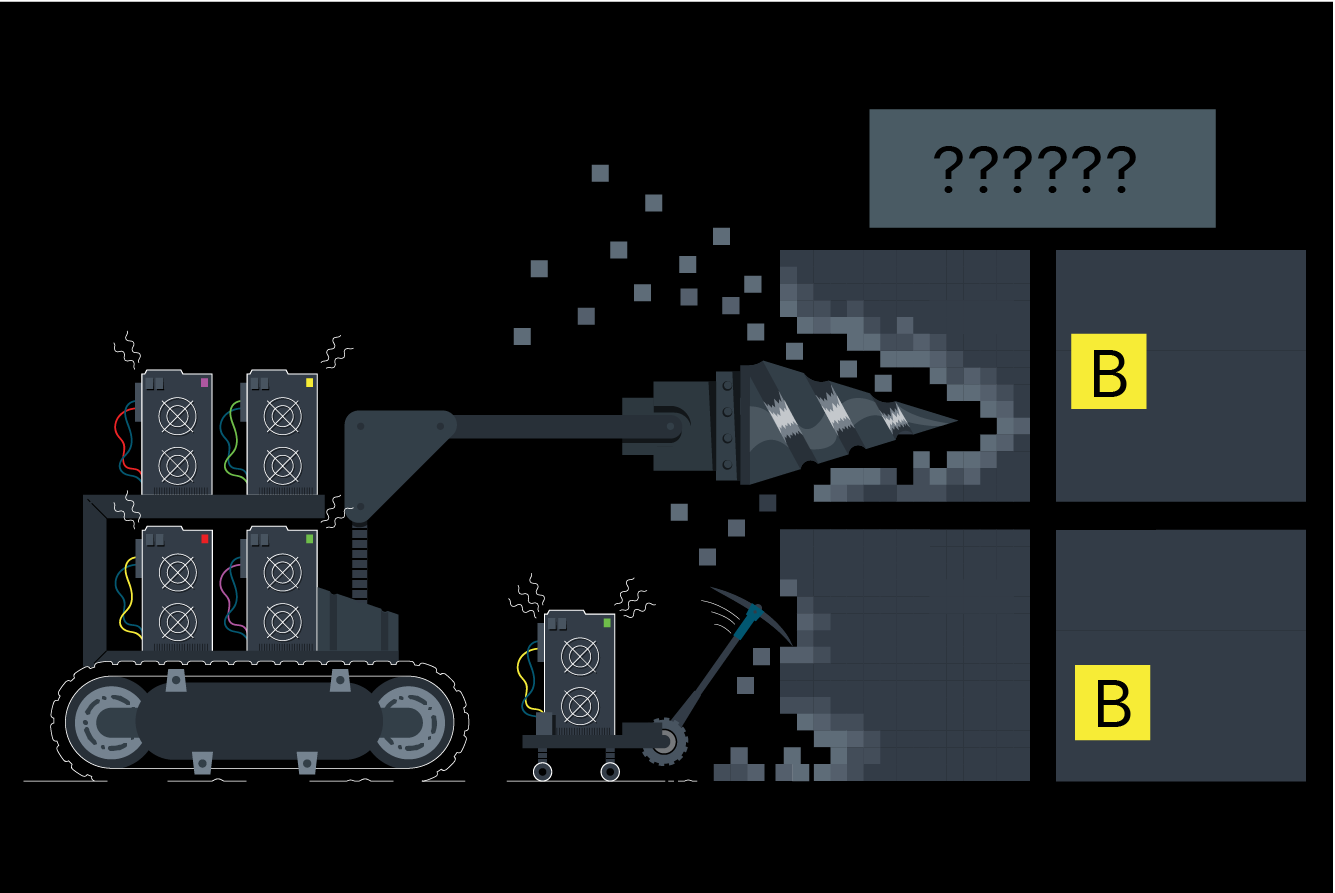
The more computer power a crypto miner uses, the more attempts they can make to solve the puzzle.
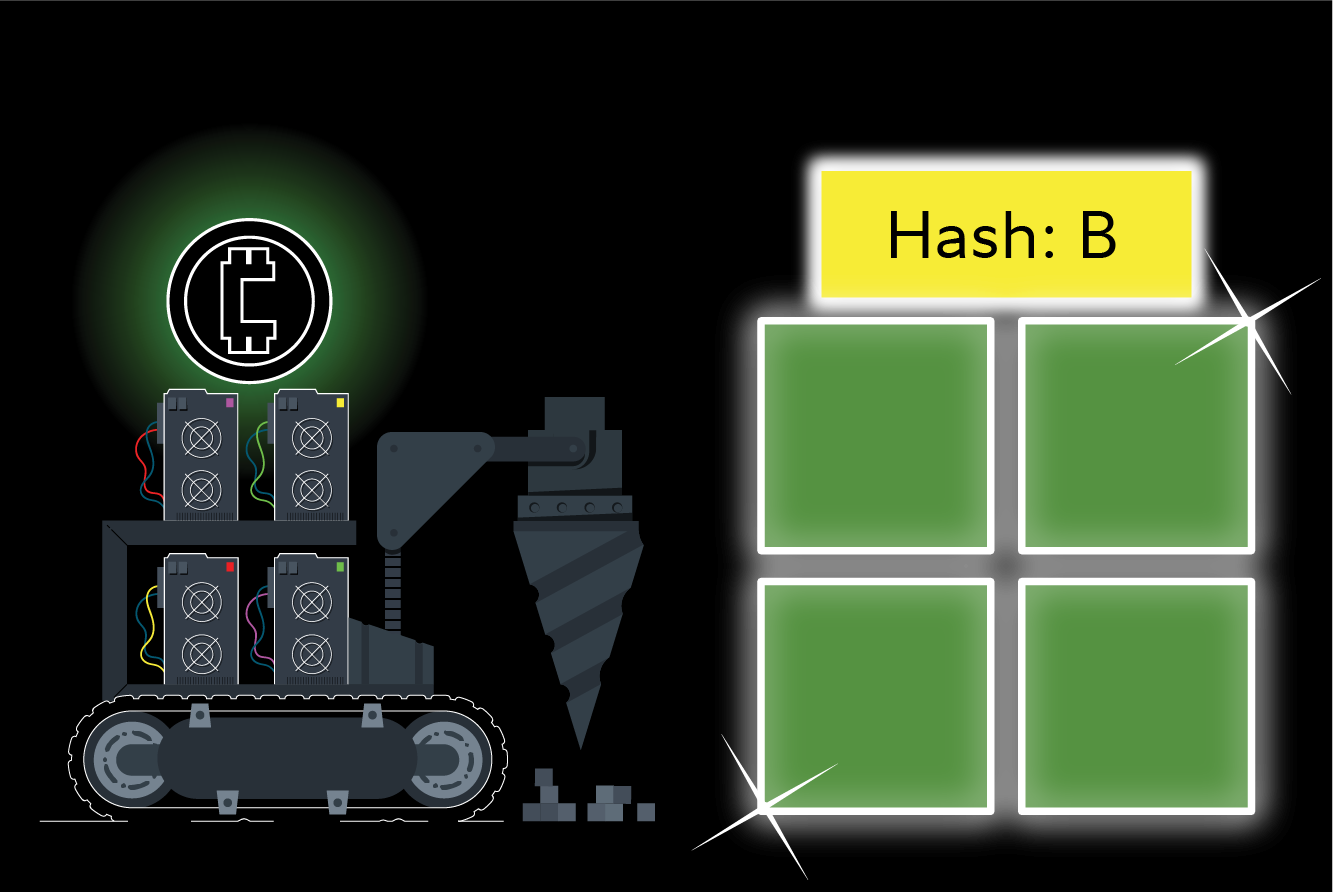
The first computer to accurately find the solution is able to add the block to the blockchain and is rewarded new bitcoin, aka a block reward.

Did you know?
These specialized computers can generate over one quintillion random codes per second (that’s a number with 18 zeros).1

Mining difficulty
Mining difficulty is automatically adjusted higher or lower to maintain a specified block time, which is how long it takes crypto miners to solve the puzzle.

Picture this
Think of a treasure chest with a combination lock. The first person to guess the right combination wins what’s inside. Once solved, another one automatically appears, and the process repeats.

Did you know?
Bitcoin's mining difficulty is adjusted roughly every 2 weeks—or 2,016 blocks, and a new block is solved roughly every 10 minutes2
What do crypto miners do?
Verify transactions
Crypto miners make sure each transaction is legitimate. Traditional banks do this behind the scenes and transactions can take days to fully process. Crypto mining verifies transactions within minutes and makes them visible for everyone to see.
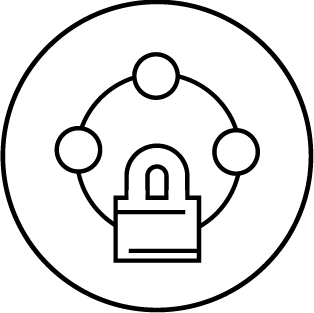
Secure the network
Bitcoin's transaction history is public, which helps eliminate the potential of double spending and makes the network almost impossible to hack. Crypto miners can identify malicious attempts and reject them.

Circulate new coins
Crypto miners are rewarded for their time and processing power with new coins. However, networks like Bitcoin aim to reduce their reliance on this incentive in the future.
Proof of work vs. proof of stake
There are 2 well-known methods to validate crypto transactions—aka consensus mechanisms.

Proof of work
Blockchains like Bitcoin use proof of work (mining), which is a competition among participating miners to guess the correct password—or hash—and ultimately earn rewards (new native coins + transaction fees).
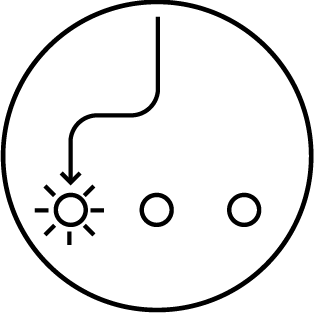
Proof of stake
Blockchains like Ethereum use proof of stake (staking), which randomly chooses validators based on how much “stake” they have in the blockchain—meaning they need to have a certain amount of a specific coin to be considered. Crypto stakers are rewarded with new native coins + a portion of transaction fees, aka tips.
The bottom line
Blockchain is the what and mining is the how.
Crypto mining is the crucial action responsible for the success of some blockchains, like Bitcoin, and is what allows some cryptocurrencies to function without oversight from a third party, like a bank. It’s also how some new coins are circulated into the market.

